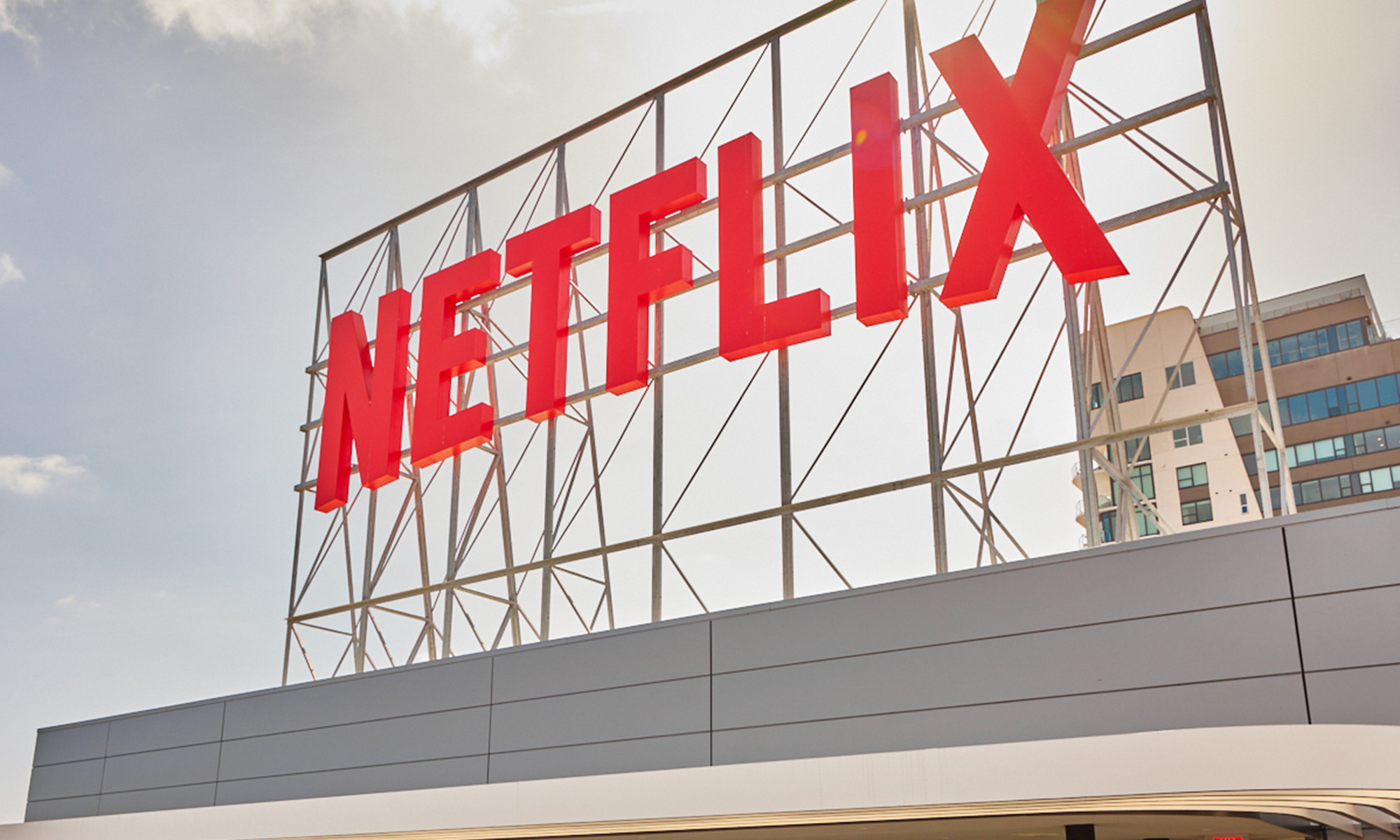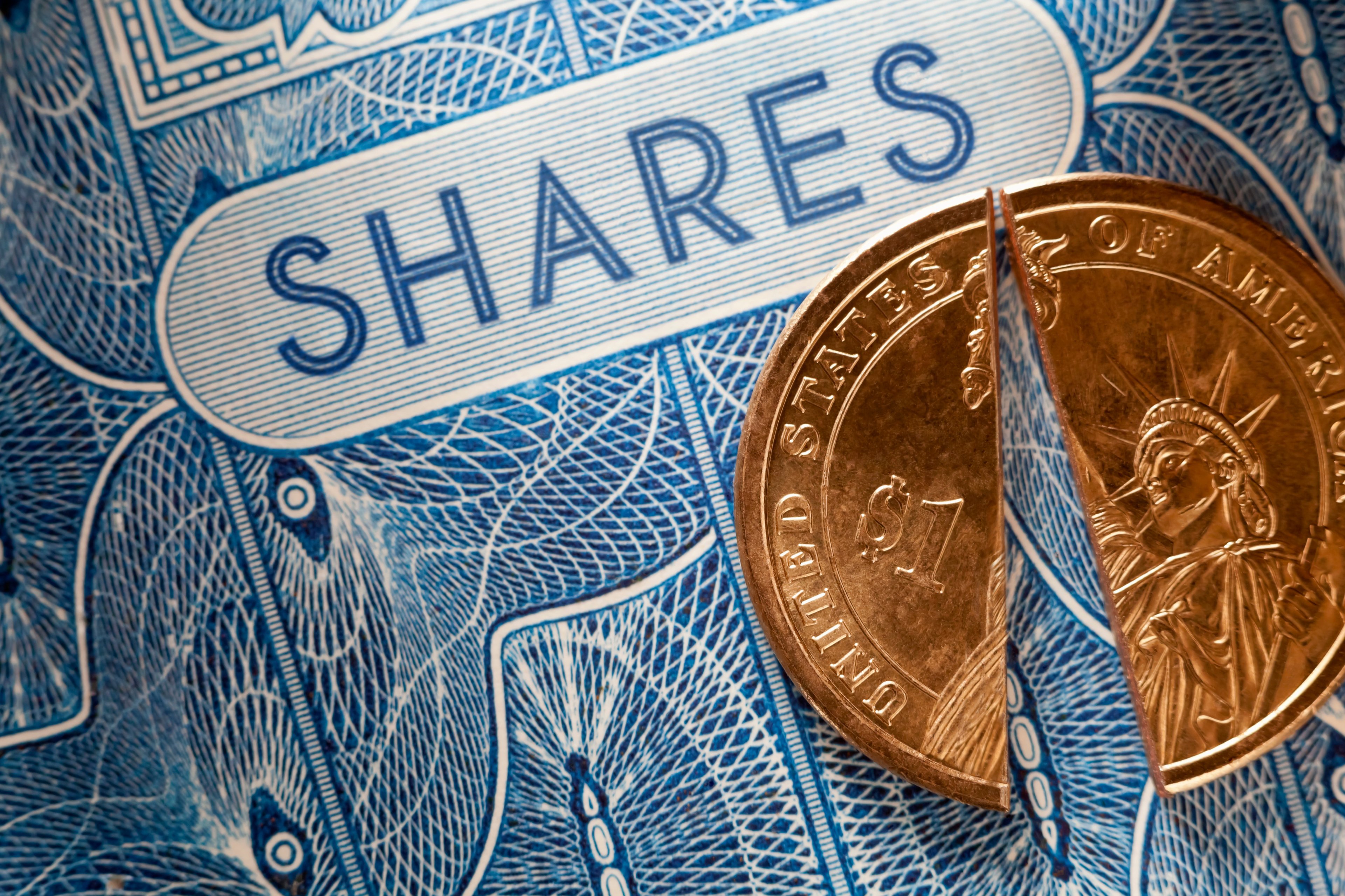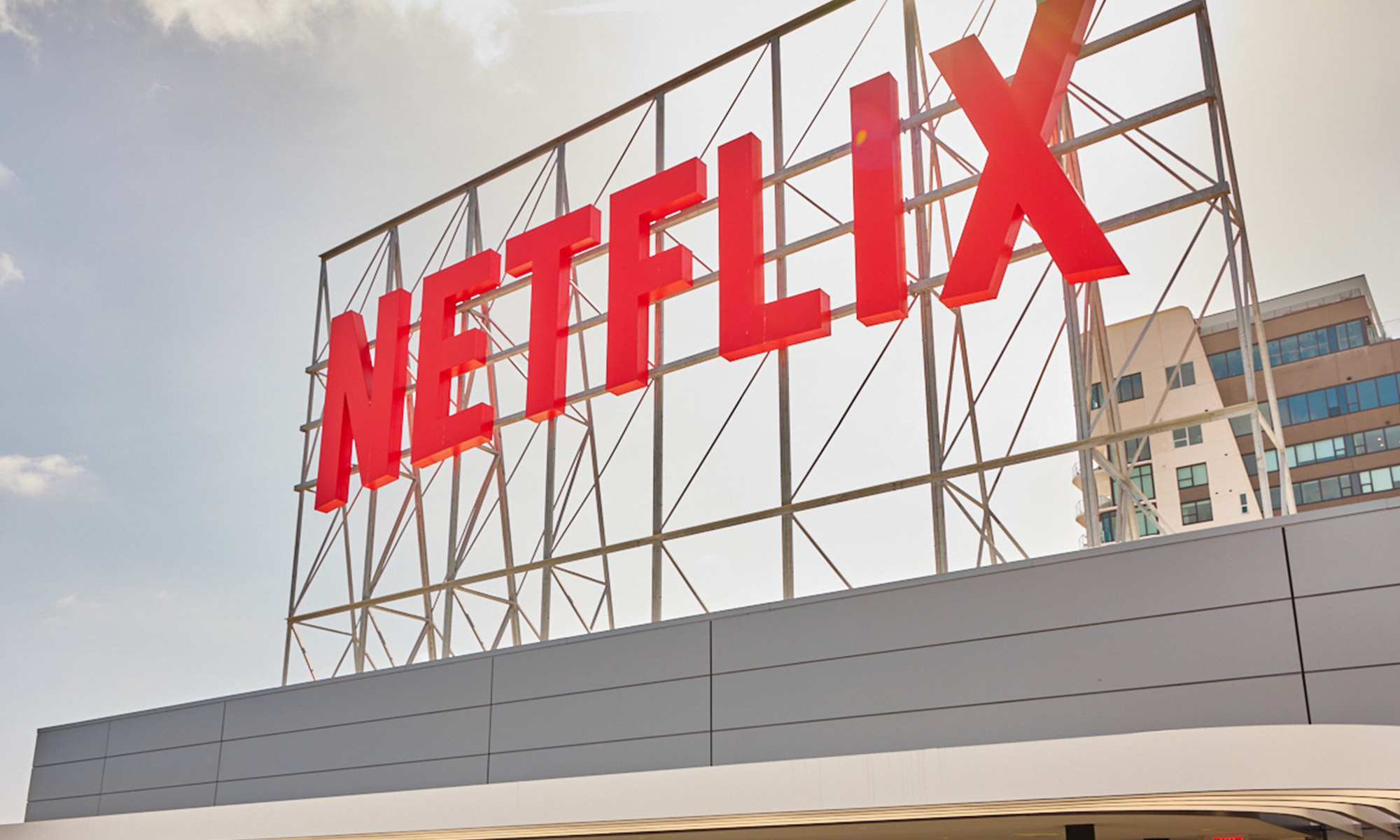Warren Buffett once said, "If you have to have a prayer session before raising the price by 10%, then you've got a terrible business." Netflix (NASDAQ: NFLX) is raising prices 12.5% to 25% and, though it may not be praying, it is definitely taking a cautious approach to the price increase. Competition from Amazon.com (NASDAQ: AMZN) and other streaming services makes it difficult for Netflix to raise prices at will. Should Netflix's inability to raise prices every year keep you from buying the stock?
The last time Netflix raised prices
Netflix is taking a slow-and-steady approach to its most recent price increase. Existing members will be grandfathered in as their current subscription rates will stay in place for a "generous time period" of possibly up to two years.

Source: Wikipedia.
Netflix may have crafted this measured approach as a response to what happened the last time it tried to raise prices. In 2011, Netflix scrapped its plan to separate its DVD-by-mail business from its streaming service after it raised the price of subscribing to both services by 60%. The price increase and confusion about the new membership structure caused Netflix to lose 810,000 subscribers in the third quarter of 2011 -- a frightening decline for a company that had been adding close to 2 million subscribers per quarter in the preceding quarters. The stock reacted by falling 74% from July through December 2011.
In response to the outcry, Netflix abandoned its plan to split its business but kept the price increase in place. Its stock price did not fully recover until September 2013.
A better approach this time around
Netflix was punished for creating confusion when it attempted to separate its business and immediately hiked fees by 60% in 2011, so it is no surprise that the company is taking a more cautious approach this time around. Existing U.S. streaming members will continue to pay the current rate -- $7.99 per month -- for the foreseeable future. However, new members will pay $1 to $2 more for the service. The price increase will fund content acquisition and technology improvements.
Even though Netflix is unwilling to raise prices yet on existing customers, the company has been growing by leaps and bounds. It added over 12 million subscribers over the last four quarters and it now has nearly 50 million subscribers. If the company's growth increases and it adds 15 million more subscribers in the next year, the price increase could generate $180 million to $360 million in annual revenue from new subscribers alone -- a 4% to 8% increase in overall revenue from the first year of higher prices.
Amazon bidding up content prices
However, since the company will use the revenue generated from the price increase to acquire new content, it is difficult to determine what impact the price hike will have on Netflix's bottom line. Unfortunately, the need to raise prices may be a reflection of increased competition for streaming content. Netflix already spends over $900 million per year to acquire content and its budget will only increase as competition heats up.

Source: Amazon
Amazon is a key reason that Netflix will have to spend more on content acquisition in the years ahead. Although CEO Reed Hastings insists that Amazon is a complementary service -- not a competitor -- the evidence suggests otherwise. Amazon has been bidding up prices in an attempt to score content deals. The world's largest online retailer announced last week that popular HBO shows such as The Sopranos and The Wire will be available on Prime Instant Video, with seasons of newer shows like Boardwalk Empire available three years after they air on TV.
Whether consumers view Netflix and Amazon as complementary or competitive services is secondary to the cost issue. Amazon and Netflix are competing for the same content, thus, the cost of acquiring content will increase. As a result, it is possible that none of the extra revenue from Netflix's latest price increase will fall to the bottom line.
Foolish takeaway
That Warren Buffett would not buy Netflix should not prohibit investors from buying the stock. However, investors should not dismiss the Oracle's warning about companies that lack significant pricing power. Despite its popularity, Netflix's content acquisition costs will likely rise faster than it can raise prices. This will not be a burden as long as the company continues to add millions of subscribers each quarter. However, when growth starts to slow and Netflix has to raise prices to generate revenue growth, investors may wish they had taken Buffett's advice.







